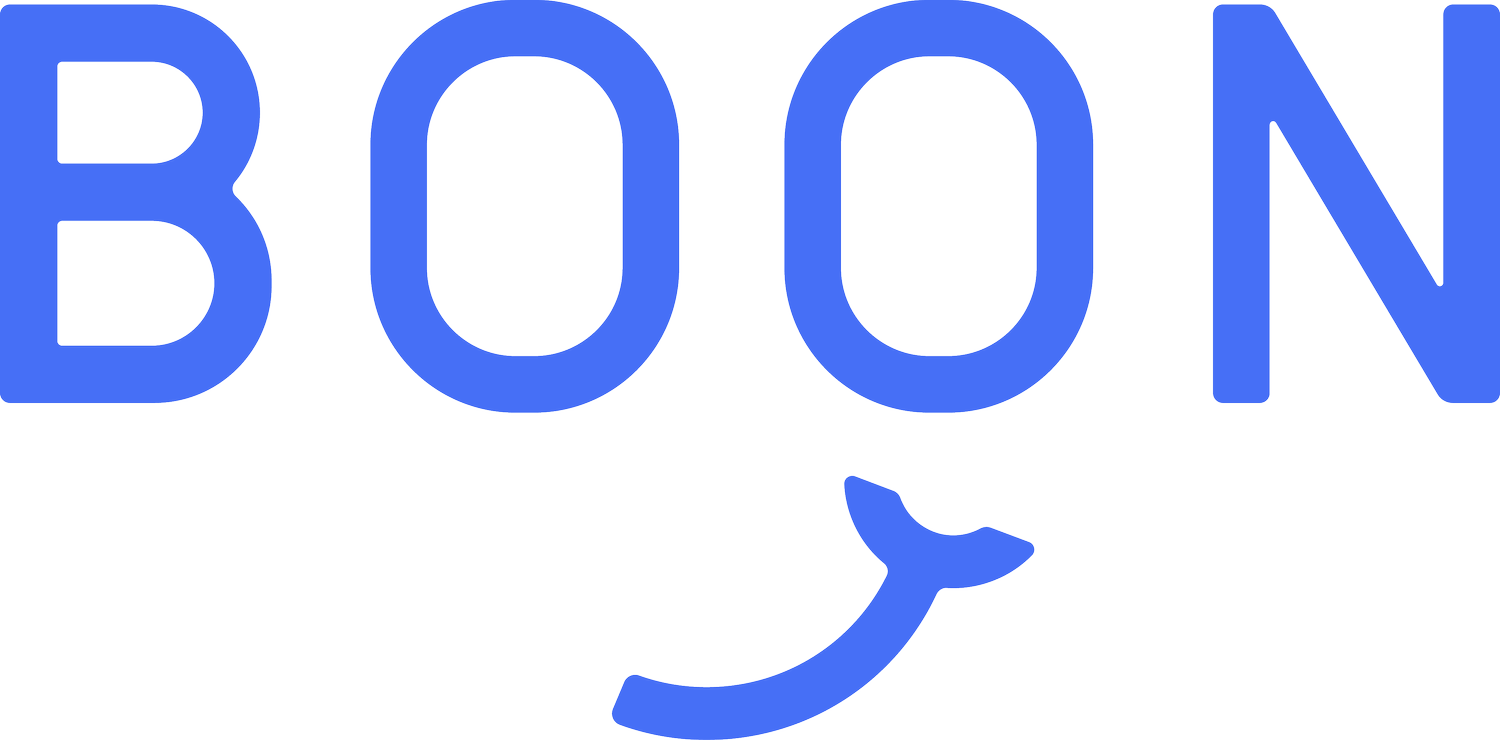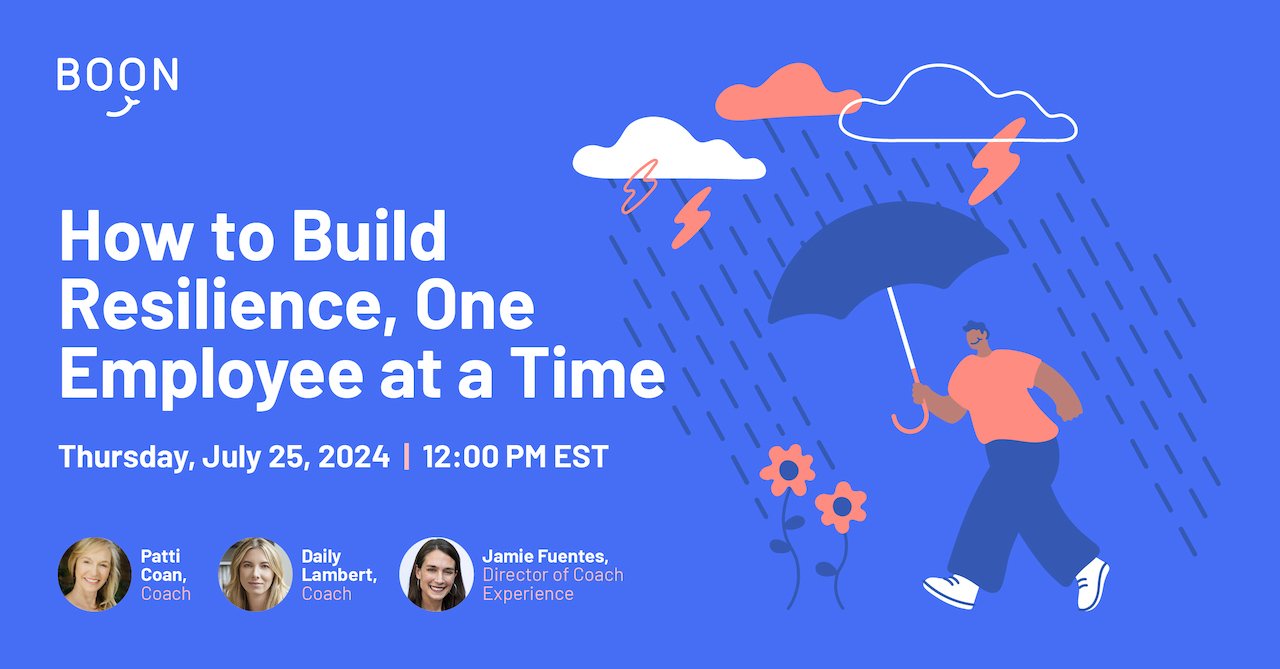Data-backed Ways to Build Resilience
Your Employees Can Handle More Than You Think— if You Invest in Them
It doesn’t have to cost a lot, but your workforce probably needs more personalized support
If there’s anything that COVID-19, “back again” recessions, and political uncertainty have taught the world lately, it’s that we are more resilient than we think.
Forget worrying about job titles, RTO, or office perks for a moment.
The workplace of the 2020s demands a high level of resilience from the employee, and your organization at large. We live in interesting times, folks.
For better or worse, the new normal is that employees and businesses have to brace themselves for almost anything these days — from economic and environmental calamities, to emerging technologies displacing jobs, to daily mixed messages on inflation and job.
The good news? Resilience can be quantified.
Organizations that measure resilience are in a better position to design more effective programs for maximizing employee engagement and productivity, or to offer the right services for improving an employee’s adaptability to challenges.
More on that in a second.
But first: let’s get into the consequences of low resilience.
A Pervasive (and Expensive) Problem
Most of us live our lives among three worlds: our relationships, our workplace, and what’s within ourselves. Each world deals its own blows sometimes, and those blows inevitably leak into the other worlds.
Did this just get a little sci-fi 🤣?
But, seriously: When our relationship to self hurts, it only doubles the hurt around workplace mishaps. Not getting that coveted promotion feels way worse when you recently had a fight with a family member.
This is a completely normal, human thing to happen. But, left unchecked, it can have real consequences. 83% of U.S. workers suffer from work-related stress.
Resilient employees experience stress—but their stress is often more manageable, because:
Their stress is met with empathy and understanding from leadership and/or from others in their lives.
Their workplace offers stress-management resources as part of the high value they place on employee well-being.
Of the high resilient employees?
93% said they want to stay with their employer
86% said they felt fully motivated at work.
Low resilience, on the other hand…
It was correlated with higher absenteeism, lower productivity, and increased turnover**.**
The research also found that 88% of resilient employees feel that their employer enables them to take care of their personal needs, compared to just 23% of non-resilient employees.
These numbers further emphasize the importance of solutions (such as personalized coaching) to build resilience. Coaching provides support that’s tailored to whichever of your employee’s worlds need attention in the short and long term, helping them develop the skills needed to manage stress on their own. This approach not only enhances individual resilience but, taken in aggregate, also fosters a resilient organizational culture.
Building High Resilience is Achievable and Accessible.
Building a resilient workforce doesn’t have to be a far-off goal, or a lofty one — say if you have either a small team that’s constantly fleeing from burnout, or a very large one that you can’t imagine servicing at scale.
It’s an achievable state, that can be measured with the right solution in place.
We’ve seen firsthand the transformative power of coaching, when it comes to cultivating resilience.
In fact, 85% of our users reported an increase in resilience after engaging with our coaching solutions. This alone speaks volumes about the efficacy of targeted resilience training.
Imagine the impact on your organization if a significant portion of your workforce could enhance their resilience. Less stress naturally improves workforce mood, and often workplace culture. It also translates to higher productivity and overall workplace satisfaction. By investing in resilience-building initiatives, you curate an environment where employees feel supported.
Supported people are happier people — and who doesn’t want happier and more effective employees?
By Now, You Might Want the Details, Right?
We’re talking about resilience live and in (virtual) person
Coming up soon, Boon Director of Coaching Experience Jamie Fuentes will be talking with Boon coaches Patti Coan and Daily Lambert about tried and trusted strategies for building resilience within your team.
This panel discussion will cover key topics such as emotional intelligence, continuous feedback mechanisms, and other proven strategies practiced by our coaches.
Who Should Attend:
Managers
HR professionals
Team leaders
Anyone interested in enhancing their resilience
Date and Time: Thursday, July 25th at 12PM EST
Building a stronger work culture takes focus and the right kind of concerted effort. Let’s get together and identify where to start — and how and why.
See you there:




